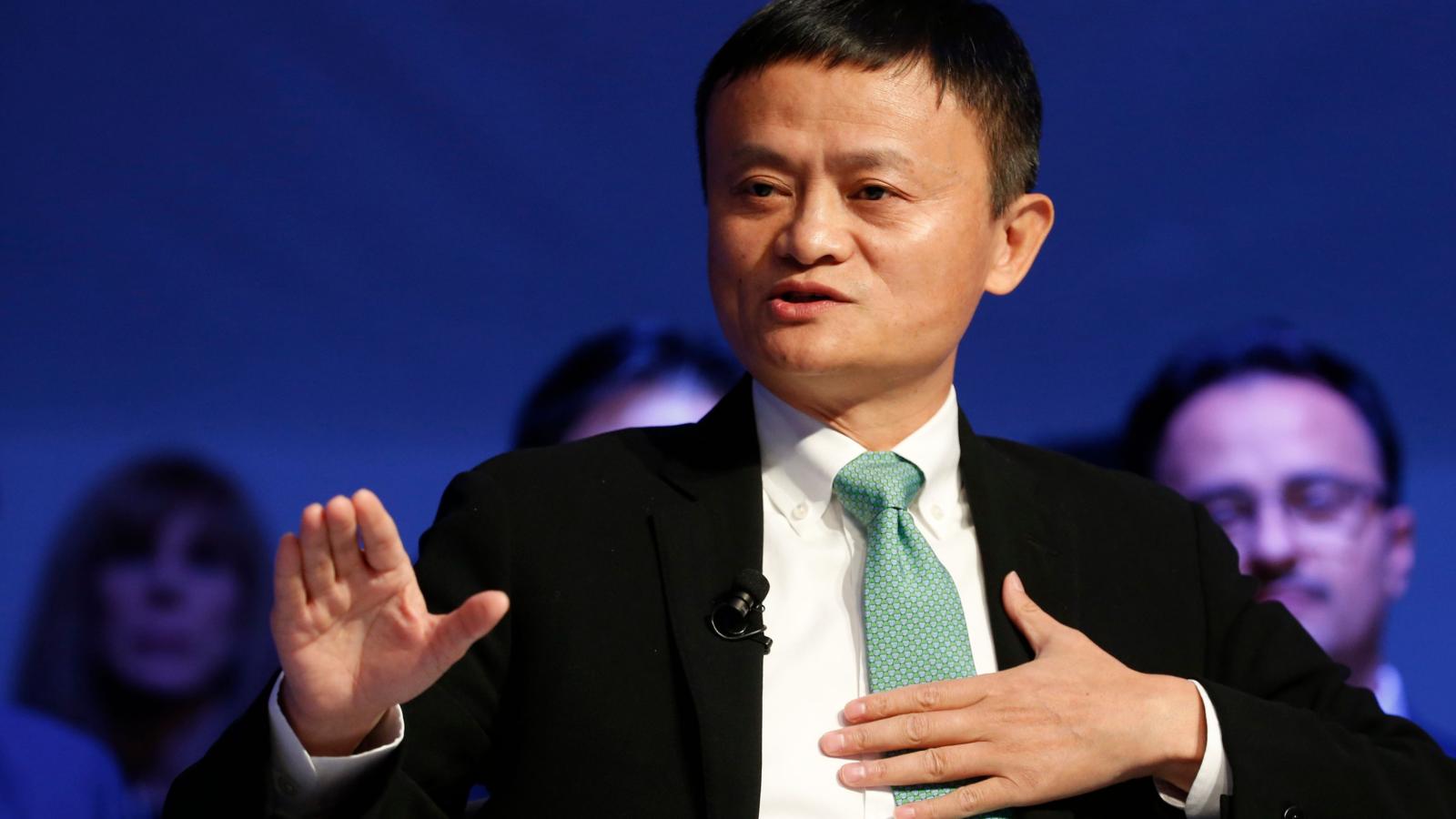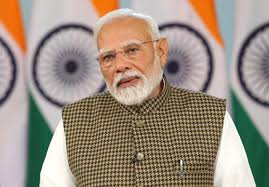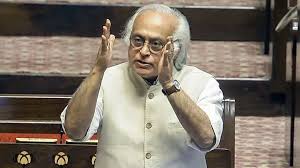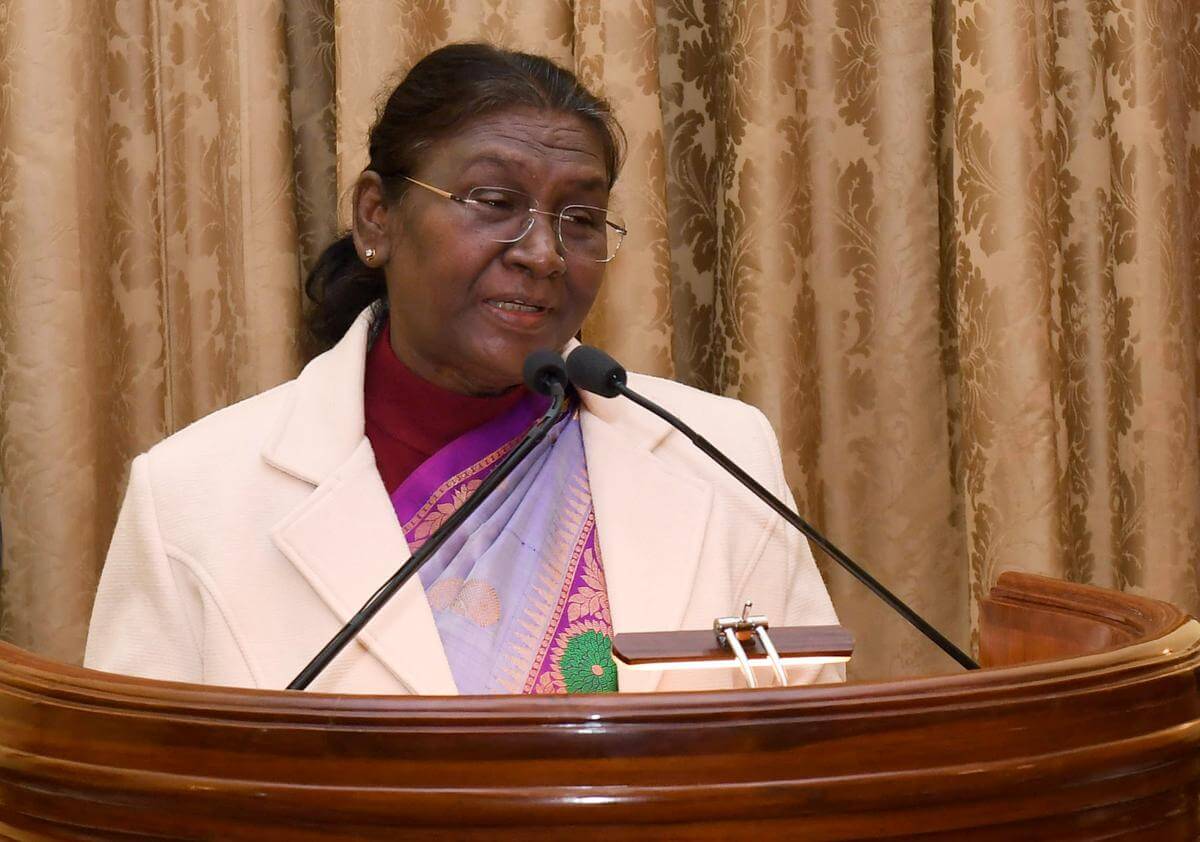Jack Ma’s lesson to Indian CEOs: Pick the best successor, not just your kid
Tue 11 Sep 2018, 12:27:05

In a year from now, one of China’s richest men, Jack Ma, will retire as chairman of the Alibaba Group, Asia’s most valued company in terms of market capitalisation.
The former schoolteacher co-founded the e-commerce and technology giant in 1999, along with some friends. On Sept. 10, at the group’s 19th year anniversary, Ma said he will hand over its reigns to current CEO Daniel Zhang by September 2019.
“No company can rely solely on its founders. Of all the people, I should know that. Because of physical limits on one’s ability and energy, no one can shoulder the responsibilities of chairman and CEO forever,” Ma wrote in a letter to his employees, shareholders, and customers. “…so the responsible thing to do for me and the company to do is to let younger, more talented people take over.”
Over the recent years, Alibaba has played a vital role in India’s tech startup ecosystem, investing at least $1.7 billion in some of the country’s biggest successes like digital payments firm Paytm and online grocer BigBasket.
But beyond that, Ma’s latest announcement has some important lessons for Indian business leaders in two key areas: succession planning and a graceful departure.
“Our leaders don’t know how to give up the corner office gracefully. We think we are indispensable,” said Dinesh Mirchandani, partner and managing director at premier executive search firm Boyden India. “No one is. It’s called simulating your own death and that requires planning and courage.”
India’s embarrassment
In India, succession plans are largely absent and CEOs don’t let go of their power easily.
For instance, India’s second-largest IT firm, Infosys, has struggled with leadership succession for the last couple of years. In 2014, its last founding CEO, SD Shibulal, transferred the reigns of the business to an “outsider”—Vishal Sikka. But three years later, Sikka abruptly quit following a spate
of differences with the founders. It took the company four months to find the new CEO, Salil Parikh, who came to Infosys from French IT services firm Capgemini.
of differences with the founders. It took the company four months to find the new CEO, Salil Parikh, who came to Infosys from French IT services firm Capgemini.
Even century-old business groups like Tata Sons and Raymond have failed in this area—the former due to clashes over management and leadership styles and the latter due to an ugly family feud.
In contrast is Ma’s planning.
“It’s actually the best time for him to step away and guide the new leadership,” said Prashant Mehta, a partner at venture capital firm Lightbox, who met Ma a few times in the past in his role as head of Yahoo! in south Asia. “But remember, Jack will not be too far away, especially if something requires strategic attention.” Indeed, Ma will stay on Alibaba’s board until 2020.
Alibaba, in fact, has been preparing for Ma’s succession for the last 10 years, developing “a system of governance based on a unique culture and mechanisms for developing consistent talent and successors,” he wrote in his letter. Choosing Zhang is a testament to this preparedness, experts say.
“(Zhang) is one of the sharpest analytical thinkers today in China,” said Anindya Ghose, the Heinz Riehl professor of business at New York University’s Stern School. Since he joined Alibaba in 2007, Zhang has launched T-mall, a marketplace focused on brands separate from Taobao, which was riddled with concerns about fake products. The 46-year-old is also the brain behind Alibaba’s wildly successful annual Black Friday-inspired shopping extravaganza called “Single’s Day.”
For Indian business leaders, learning from Ma would be easier said than done, experts said.
“Unfortunately in India, handing the company over to your son or daughter still feels like the preferred path…you’re not exploring the best options for the business,” Mehta of Lightbox VC said. “In many cases, a progeny may not even be quality or interested in running the business.”
No Comments For This Post, Be first to write a Comment.
Most viewed from International
Most viewed from World
AIMIM News
Latest Urdu News
Most Viewed
May 26, 2020
Do you think Canada-India relations will improve under New PM Mark Carney?
Latest Videos View All
Like Us
Home
About Us
Advertise With Us
All Polls
Epaper Archives
Privacy Policy
Contact Us
Download Etemaad App
© 2025 Etemaad Daily News, All Rights Reserved.


.jpg)
.jpg)
.jpg)
.jpg)




.jpg)
.jpg)







.jpg)
.jpg)
.jpg)
.jpg)
.jpg)
.jpg)

















